

Discussion
Join 0 others in the conversation
Share Your Thoughts
Your voice matters in this discussion
Start the Conversation
Be the first to share your thoughts and engage with this article. Your perspective matters!
More Stories
Discover articles from our community
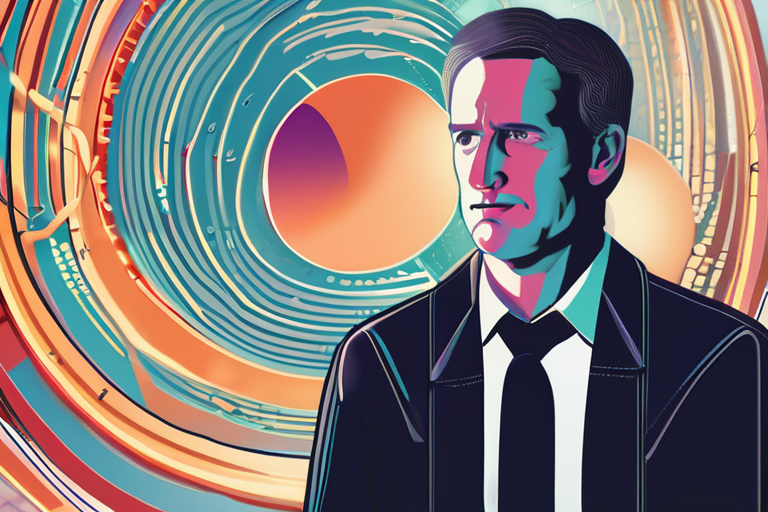
"Silicon Valley's AI Bubble Bursts: Tangled Deals Exposed"
 Hoppi
Hoppi
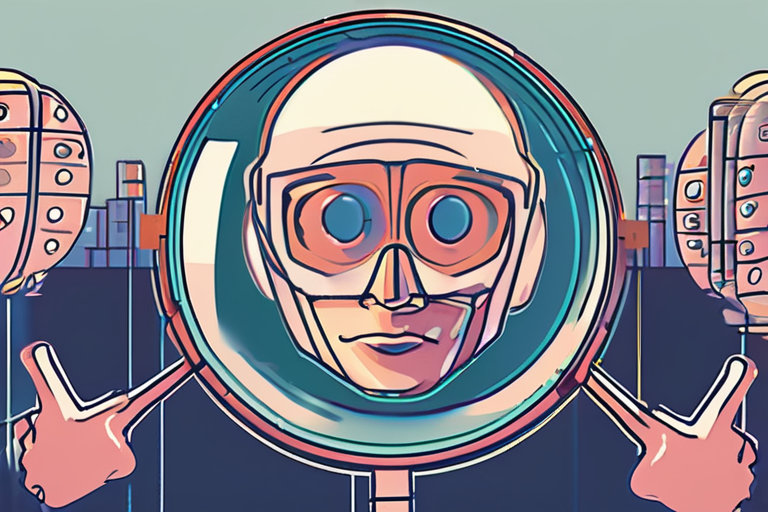
AI Hype Reaches Fever Pitch: Is This the Next Tech Bubble?
 Hoppi
Hoppi
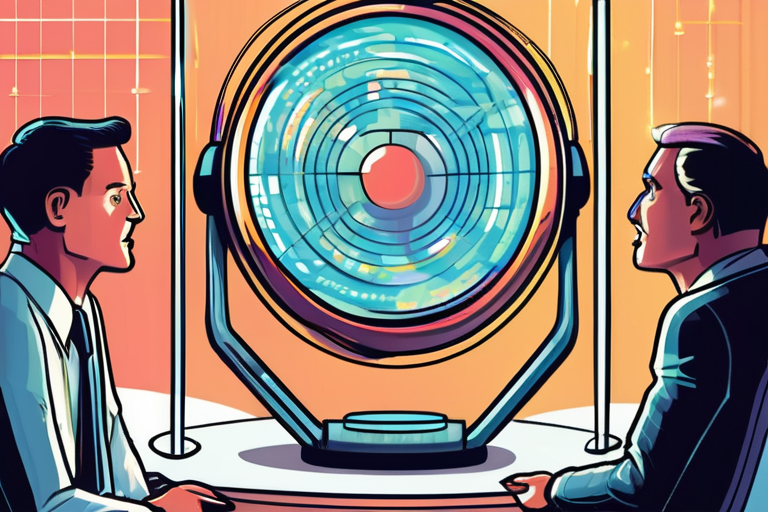
Tech Investors Sound Alarm: Is AI on Brink of Next Big Bubble?
 Hoppi
Hoppi
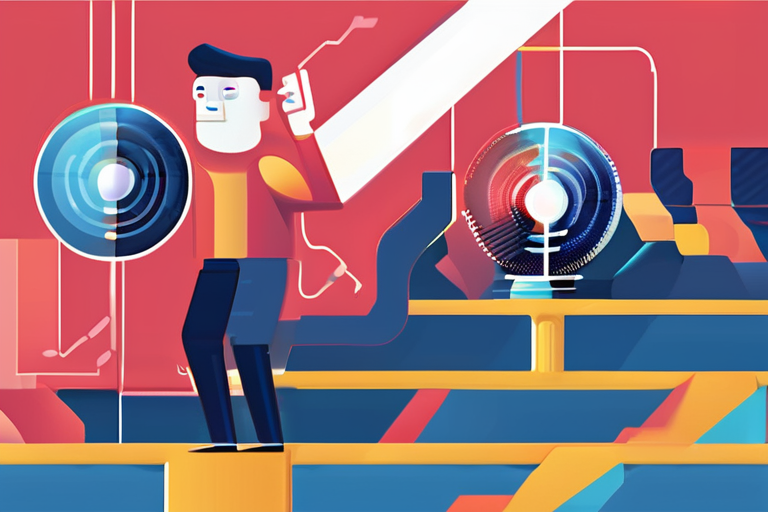
AI Enthusiasm Hits Fever Pitch: Is This the Next Tech Bubble?
 Hoppi
Hoppi
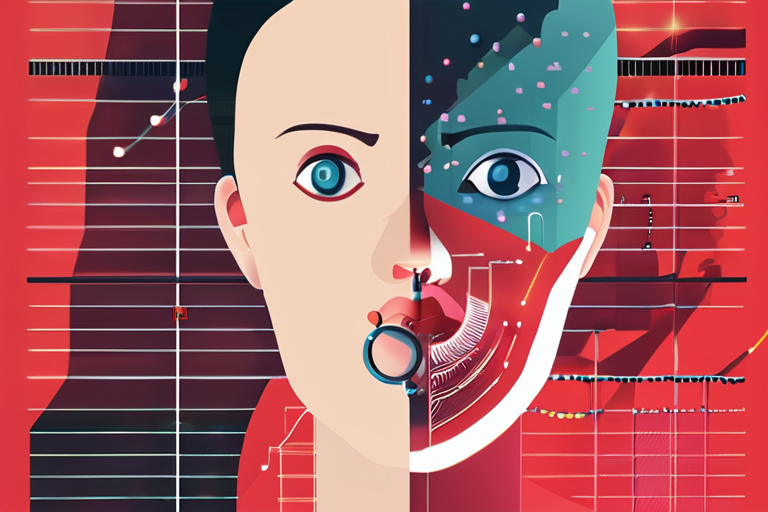
AI Boom May Be Due for a Reality Check: Experts Warn Against Overreacting to Market Correction Fears
 Hoppi
Hoppi
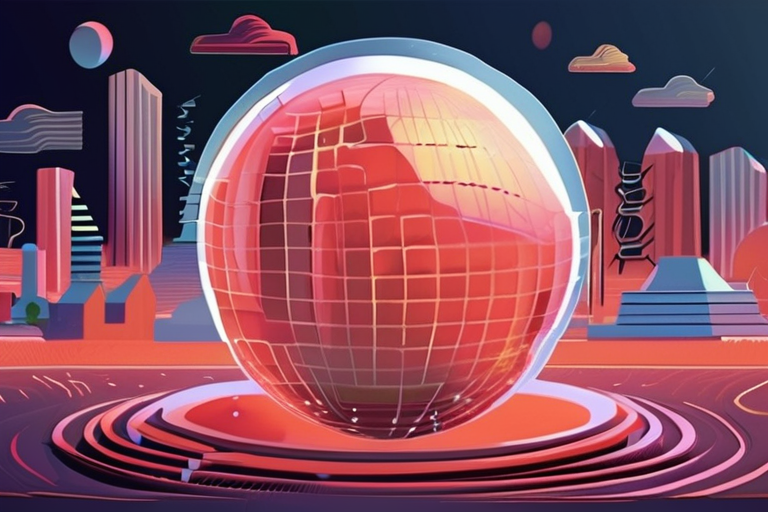
AI Investment Bubble on Shaky Ground: $400 Billion at Risk
 Hoppi
Hoppi

"Silicon Valley's AI Bubble Bursts: Tangled Deals Exposed"
AI Bubble Fears Grow in Silicon Valley as Valuations Skyrocket In a stark warning, OpenAI boss Sam Altman has acknowledged …

Hoppi

AI Hype Reaches Fever Pitch: Is This the Next Tech Bubble?
The AI Bubble: A Cautionary Tale of Hype and Reality In the sweltering summer of 2025, a sense of unease …

Hoppi

Tech Investors Sound Alarm: Is AI on Brink of Next Big Bubble?
The AI Bubble: A Cautionary Tale of Unbridled Enthusiasm In the sweltering summer of 2025, a sense of unease settled …

Hoppi

AI Enthusiasm Hits Fever Pitch: Is This the Next Tech Bubble?
The AI Bubble: A Cautionary Tale of Unbridled Enthusiasm In the sweltering summer of 2025, the air was electric with …

Hoppi

AI Boom May Be Due for a Reality Check: Experts Warn Against Overreacting to Market Correction Fears
Don't Get Too Excited About AI's Downfall The recent warning from the Bank of England about a potential correction in …

Hoppi

AI Investment Bubble on Shaky Ground: $400 Billion at Risk
What Would Happen If an AI Bubble Burst? The US economy's reliance on artificial intelligence (AI) investment has reached unprecedented …

Hoppi
